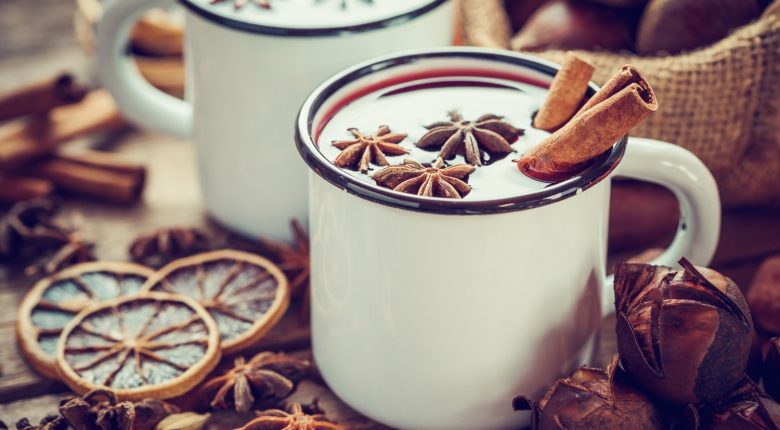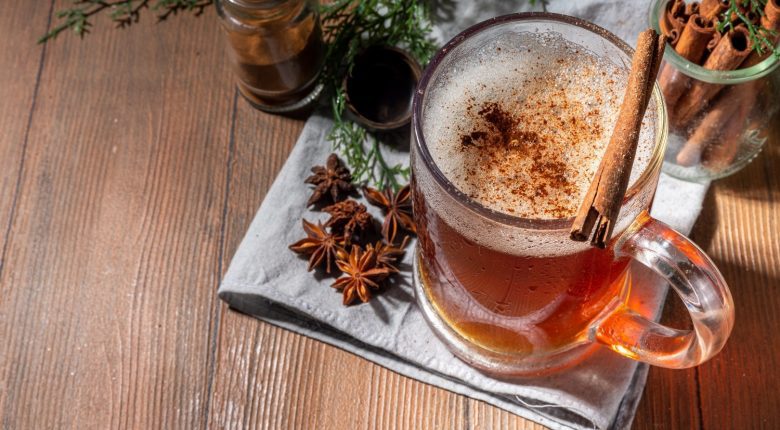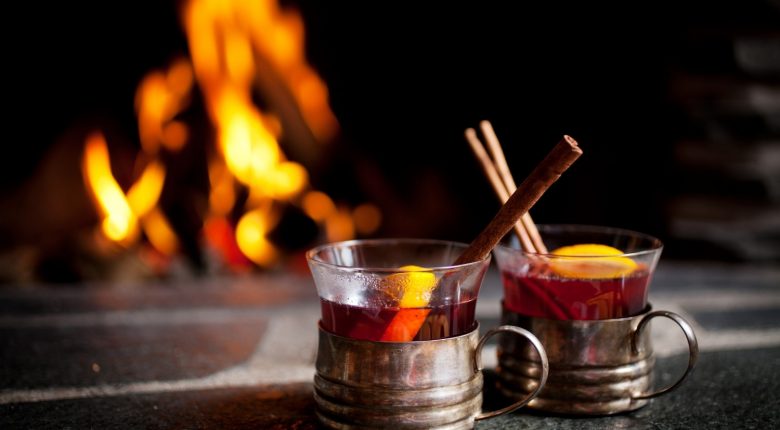As the festive season approaches, the aroma of mulled wine fills the air, evoking images of cozy gatherings, crackling fireplaces, and the warmth of loved ones. This traditional spiced wine, deeply rooted in history, has become a quintessential symbol of winter cheer and holiday spirit.
A Brief History of Mulled Wine
The origins of mulled wine can be traced back to ancient Rome, where it was known as “vinum conditum” or “spiced wine.” Wine was frequently infused with herbs and spices during this era to both enhance its taste and extend its storage life. The practice spread throughout Europe, taking on various names and adaptations in different regions.
In medieval England, mulled wine, known as “gluhwein,” was a popular beverage among the aristocracy and upper classes. It was often served at courtly gatherings and festive occasions, and its popularity extended to the general population as well.
Over time, mulled wine became an integral part of the Christmas season, associated with warmth, comfort, and the joy of the holidays. Its popularity endures today, with countless variations and recipes reflecting regional traditions and personal preferences.
Choosing the Right Wine for Mulled Wine
For the best mulled wine, consider using a full-bodied, fruity red wine such as Grenache, Merlot, or Zinfandel. These wines provide a rich base that complements the spices without being overpowered by them. Avoid using overly tannic or acidic wines, as these can make the mulled wine taste harsh or unpleasant.
Essential Ingredients for Mulled Wine
The key ingredients for mulled wine include:
-
Red wine: The foundation of the drink, providing the base flavor and alcohol content.
-
Spices: A blend of warm spices, such as cinnamon sticks, cloves, star anise, and nutmeg, adds depth and complexity to the flavor.
-
Sweetener: Typically sugar, honey, or maple syrup, balances the acidity of the wine and enhances the overall sweetness.
-
Citrus: Orange slices or zest add a bright and refreshing citrusy note to the mulled wine.
-
Optional ingredients: Brandy or other liqueurs can be added for an extra kick of alcohol and complexity of flavor.

Crafting the Perfect Mulled Wine
To create a delicious and aromatic mulled wine, follow these steps:
-
In a large saucepan, combine the wine, spices, sweetener, and citrus zest.
-
Heat the mixture over medium heat, stirring occasionally, until it just reaches a simmer. Avoid letting it boil.
-
Reduce the heat to low, cover the saucepan, and let the mulled wine simmer for at least 15 minutes, or up to 3 hours, to allow the flavors to meld.
-
Taste the mulled wine and adjust the sweetener if desired.
-
Strain the mulled wine through a fine-mesh sieve to remove the spices and citrus zest.
-
Serve warm in heatproof mugs or glasses, garnished with additional orange slices, cinnamon sticks, or star anise.

Preserving Mulled Wine
Store leftover mulled wine in an airtight container in the refrigerator for up to 5 days. Reheat it gently over low heat before serving.
Tips for Differentiating Good and Bad Mulled Wine
A good mulled wine should have a harmonious balance of flavors, with the spices complementing the wine without overpowering it. It should be warm and comforting, with a slight sweetness that balances the acidity of the wine.
Avoid mulled wine that is overly sweet, has a harsh or unpleasant flavor, or lacks the characteristic aroma of spices. A well-made mulled wine should be a delightful blend of warmth, spice, and citrusy freshness.
Beyond Mulled Wine: Festive Alternatives for Warming Winter Evenings
Mulled Whiskey: A Spirit for the Season
While mulled wine is a classic winter beverage, there are other warm and festive options that offer unique twists on the traditional formula. Mulled whiskey, for instance, provides a rich, smoky, and slightly spicy alternative.
To create a warming mulled whiskey, combine whiskey, spices like cinnamon sticks, cloves, star anise, and nutmeg, a sweetener like honey or maple syrup, and a citrus twist, such as orange peel or zest. Heat the mixture gently, allowing the flavors to meld, and serve warm in a heatproof mug or glass.
Mulled Beer: A Toast to Warmth
Mulled beer offers a lighter and more refreshing alternative to mulled wine, with the addition of spices like cinnamon, cloves, and ginger adding depth and complexity to the flavor. Choose a medium-bodied beer with a slightly sweet flavor profile, such as a hefeweizen or amber lager.
To create a comforting mulled beer, combine the beer with spices, a sweetener like honey or brown sugar, and citrus zest. Heat the mixture gently, allowing the flavors to infuse, and serve warm in a mug or glass.
Exploring Other Festive Wines
While mulled wine remains a popular choice during the Christmas season, other wines also complement the festive spirit. Sparkling wines like Prosecco or Cava add a touch of elegance and celebration, while sweet wines like Moscato or Port offer a rich and indulgent treat.
The Perfect Wine Storage Solution: Liebherr Wine Fridges
Liebherr wine fridges provide the ideal environment for storing your festive wines, ensuring they remain at their optimal temperature and quality. Their precise temperature control systems, humidity regulation, and innovative features help preserve the flavors and aromas of your wines, keeping them fresh and enjoyable throughout the season.
Embrace the warmth and joy of the holiday season with a glass of mulled wine, crafted with care and enjoyed with loved ones. And for the perfect wine storage solution, turn to Liebherr wine fridges, keeping your festive spirits at their finest.



